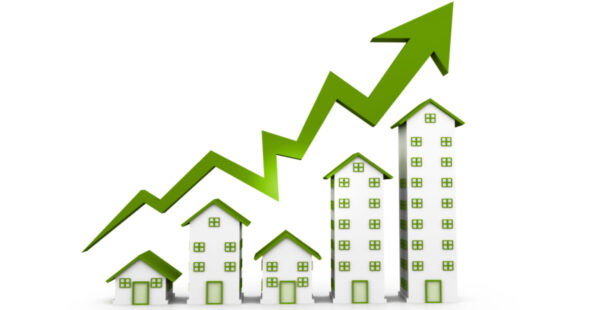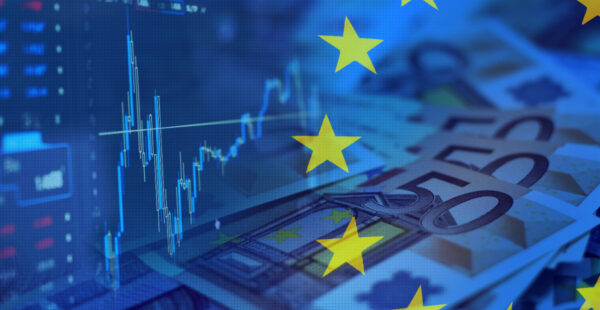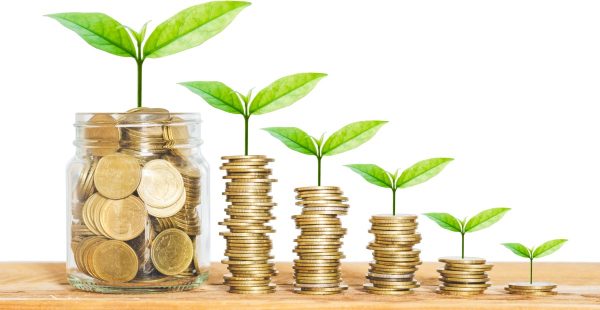Aussie ETF market breaks new record, as investors go global

Australia’s Exchange Traded Fund (ETF) market delivered “its strongest start ever” this year, with net flows set to exceed the highwater mark of 2021, according to figures from leading Australian ETF trader Global X.
Year-to-date net flows for 2024 have hit $10.8 billion, marking the strongest start ever for the local ETF market, according to Global X, potentially toppling the $23.6 billion record set in 2021.
In June, Global X reported a 37.3% increase in Aussie ETF market FUM over the previous financial year, hitting $206.2 billion for FY24.
Global X product and investment strategist Marc Jocum predicts that, based on this momentum, Australia’s ETF market could hit $1 trillion by 2030.
The Australian ETF market is, in fact, growing at a faster rate than the USA (though from lower base), quadrupling its share in the Australian funds market over the past six years.
This notable growth in market value was driven by more than $21.4 billion in net inflows over the last financial year, according to Global X, as well as positive market movements and the conversion of numerous unlisted active funds into active ETFs.
Global equities ETFs were the year’s most popular asset class, with approximately $6 billion has been allocated to this category in 2024, representing 55% of the total market net flows, as Australian investors adopted a more risk-on approach.
Last year, bond ETFs were one of the most popular asset classes, capturing 37% of annual net flows.
Lower-cost investment vehicles like ETFs are expected to continue to “steal market share over the next decade at the expense of traditional managed funds”, Global X predicts.
According to Global X, nearly three-quarters of ETF net flows are being directed to products charging 0.25% or less per year in fees; funds charging over 1%, meanwhile, “are being shunned”, underscoring “the cost-conscious nature of investors”.
However, Global X concedes, the now two-decade old local ETF market remains “in its infancy”, with ETFs still only accounting for less than 5% of the total Australian funds market.
AI, fixed income ETFs ones to watch
The ongoing investor interest in artificial intelligence (AI) will continue into 2025, with the technology entering its commercialisation phase, “significantly [impacting] enterprise productivity and consumer interactions”, said Jocum.
Investors, he said, may choose to focus on the broader AI ecosystem, including technology, semiconductors, infrastructure, and data centre renewable energy sources.
With investor fatigue setting in for clean energy and climate change ETFs, for now it appears “ESG has handed the baton” to AI, Global X noted.
As well, Global X predicts a regional pivot in ETF investments, as non-US stocks begin to catch up to outperforming US equities.
“European ETFs may attract more interest due to attractive valuations and similar sales growth profiles, while India continues to thrive and could overtake China as the main emerging market in investor portfolios,” Jocum wrote.
With the Reserve Bank of Australia (RBA) likely to maintain higher interest rates compared to other developed economies, fixed income securities with yields higher than traditional government bonds or term deposits will prove “attractive propositions” for investors.
“With Australia’s share market dividend yield declining over the past year, high-quality fixed income securities offer opportunities to enhance portfolio income,” Jocum said.
“We anticipate continued strong momentum in fixed income flows throughout 2024.”











So someone in India who isn't licensed provided personalised financial advice and ASIC's response is to tell them to be…
Seeking Regulatory relief from Regulation. Industry Super Funds want to control $1.6 Trillion $$$ and ever growing with almost zero…
If Kalkine has officially been released and operates under a legitimate license to provide general advice, it raises an important…
Not sure what they're seeking regulatory relief from. In my view is they get tickled with a warm lettuce leaf…
Will they ever be named & shamed, fined and banned for life ??? Unlikely hey ASIC & APRA, especially for…